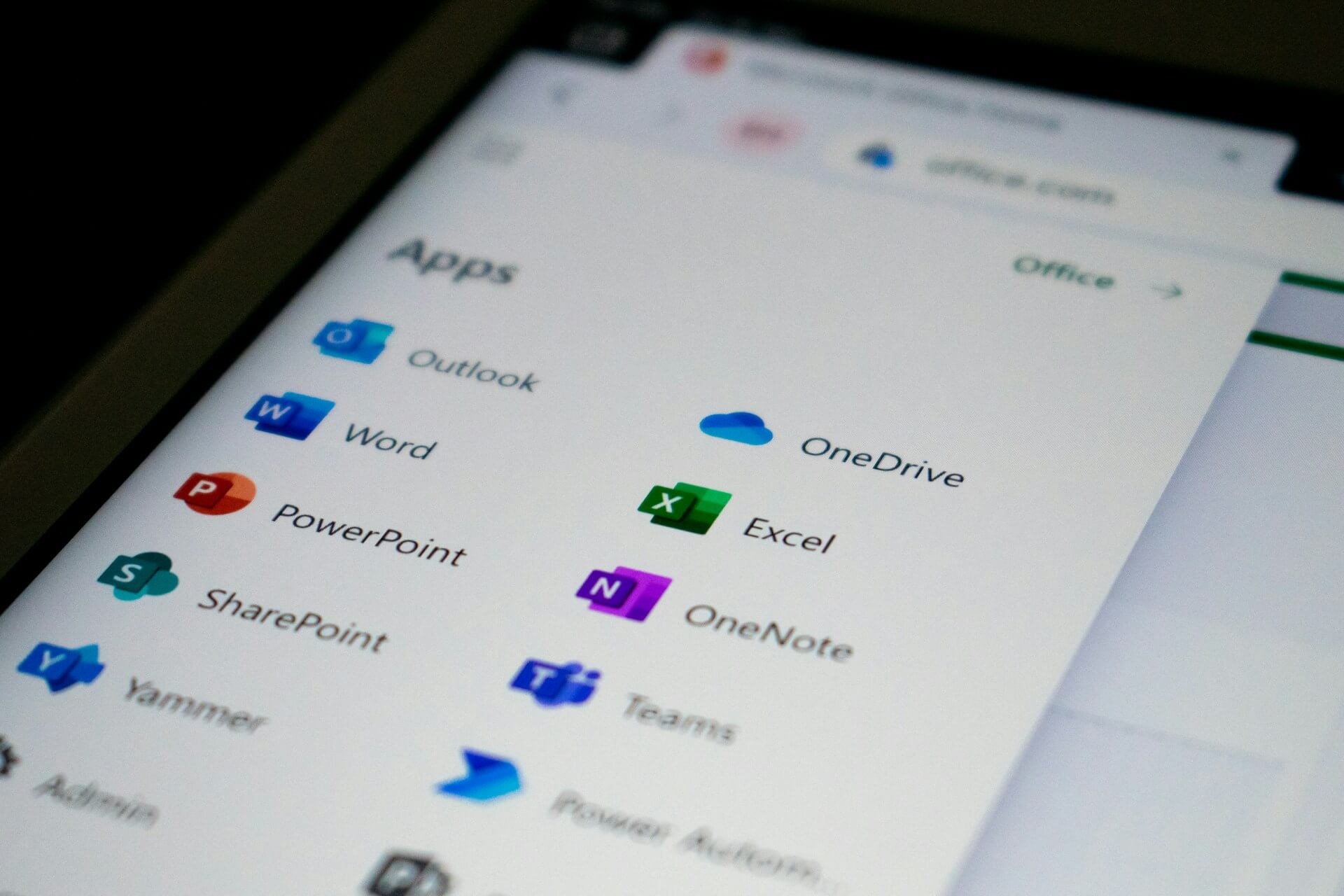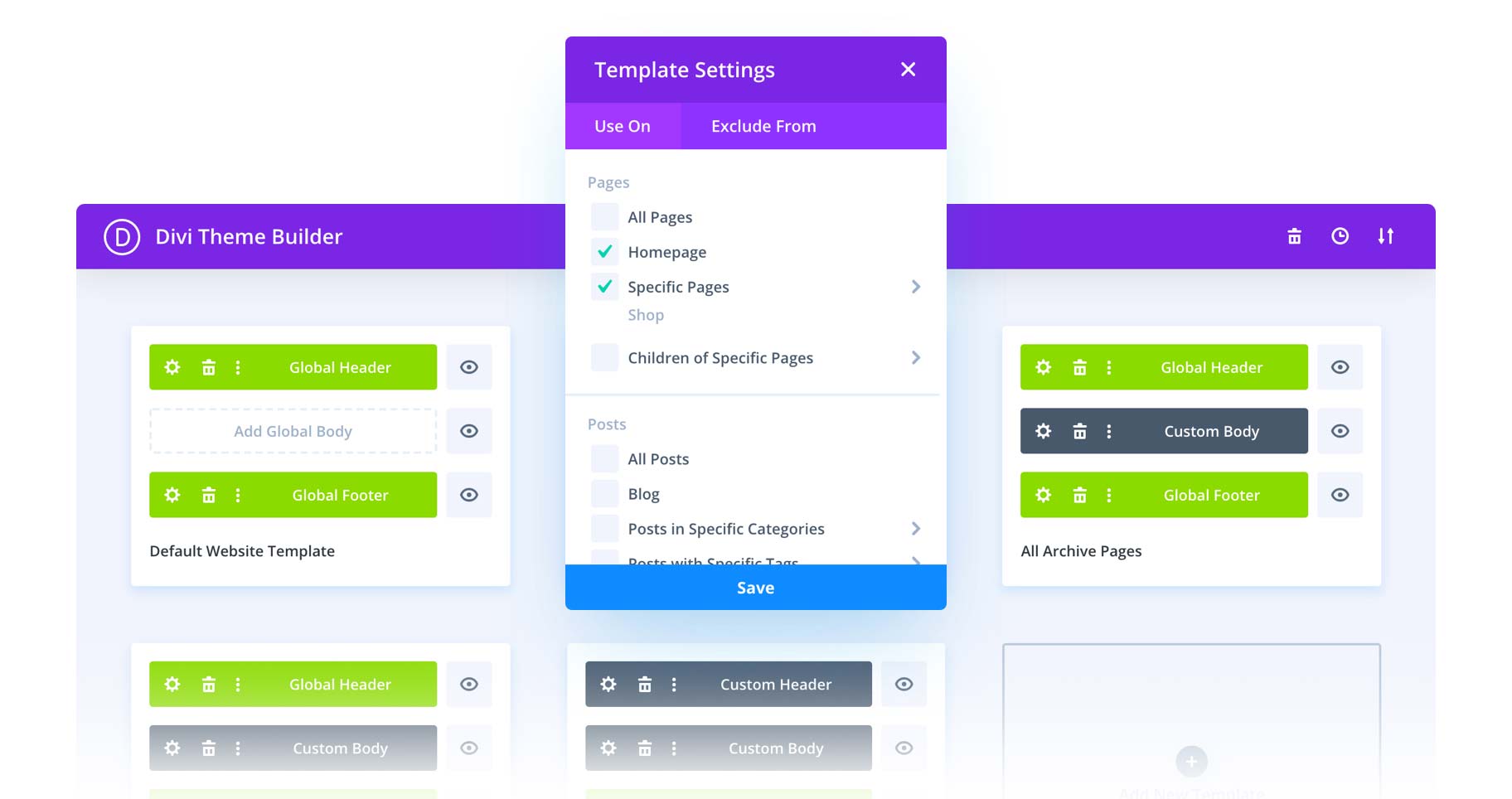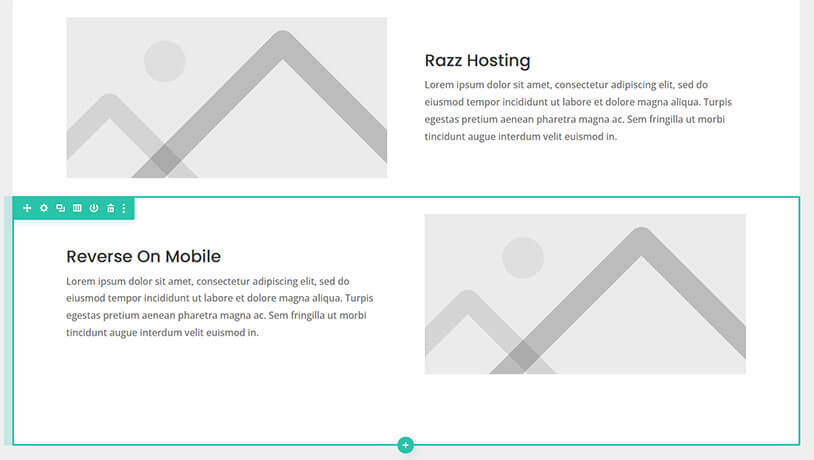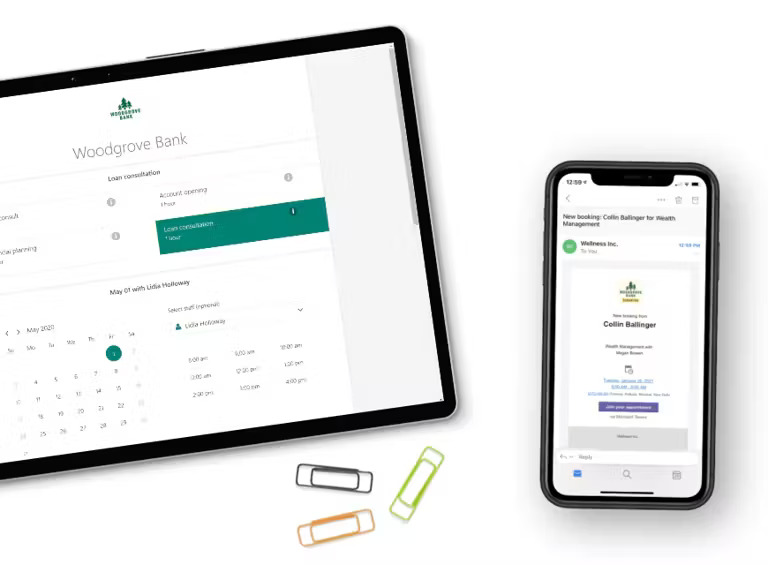In today’s digital era, emails have emerged as a fundamental aspect of our everyday communication. Whether for personal exchanges or professional engagements, emails play a pivotal role in our interconnected lives. Nevertheless, along with the convenience they offer, emails also pose a significant risk of cyber attacks and phishing attempts that could undermine the reliability of your communication channels. Thus, ensuring the safety and security of your emails is of utmost importance. Leading this protective front are three robust tools: DMARC, SPF, and DKIM.
DMARC: A Shield Against Email Threats
Let’s begin with DMARC – Domain-based Message Authentication, Reporting, and Conformance. This robust security protocol plays a crucial role in protecting your emails from spoofing and phishing attempts by enforcing stringent authentication measures. But how does DMARC achieve this? DMARC teams up with two complementary technologies: SPF (Sender Policy Framework) and DKIM (DomainKeys Identified Mail) to fortify your email security.
Sender Policy Framework (SPF): Verifying Sender IP Addresses
SPF works by verifying the sender’s IP address. It allows domain owners to define which IP addresses are authorized to send emails on behalf of their domain. When an email is received, the recipient’s server cross-checks the sender’s IP address against the list of authorised IP addresses in the SPF record. If the IP matches, the email passes authentication.
DomainKeys Identified Mail (DKIM): Adding a Digital Signature
DKIM adds a digital signature to your outgoing emails. This signature is generated using a private key held by the sender and validated using a public key published in the sender’s DNS records. When an email is received, the recipient’s server retrieves the public key from the DNS records and verifies the signature. If the signature is valid, DKIM authentication is successful.
Tandem Operation of SPF, DKIM, and DMARC
SPF, DKIM, and DMARC work synergistically to enhance email security:
- SPF prevents domain spoofing by verifying the sender’s IP address.
- DKIM ensures message integrity by providing a digital signature.
- DMARC ties everything together, instructing the recipient’s server on how to handle emails that fail SPF or DKIM checks.
How is DMARC Used?
Implementing DMARC involves one of three key policies:
- Monitoring (None): In this phase, you’re observing your email flow without taking any action. You’re not enforcing policies; you’re simply learning about the sources of your emails.
- Quarantine: This policy instructs email servers to divert suspicious emails to the spam or quarantine folder, providing an additional layer of protection without blocking them entirely.
- Reject: The most stringent policy, it rejects unauthorized emails outright. This ensures that only authenticated emails make it to the recipients’ inbox.
Email Reporting with DMARC
Beyond its role in authentication and safeguarding against email threats, DMARC also offers invaluable insights through reporting mechanisms. These reports provide a detailed overview of your email traffic, highlighting authentication successes and failures.
These reports empower businesses to:
- Monitor Email Authentication: Track how your email infrastructure performs in terms of authentication and identify any anomalies or unauthorised use of your domain.
- Identify Threats: Forensic reports enable a thorough investigation of failed authentication instances, helping pinpoint potential threats or unauthorised senders.
- Improve Email Security: By analysing aggregate reports, businesses can refine their email authentication policies, ensuring stronger security measures and minimising the risk of unauthorised emails.
While DMARC reports provide invaluable insights into your email authentication, understanding and interpreting these reports require a specialised tool. These reports, generated in XML format, contain detailed information about email authentication activities. To make sense of this data and derive actionable insights, you need a tool that can parse and present the information in a readable format.
Cloudflare, a leading web infrastructure and security company, offers a robust platform that not only allows configuration of DMARC policies but also includes tools to interpret DMARC reports effectively. Razz Hosting can assist with this configuration.
Razz Hosting’s Expertise in Email Security
At Razz Hosting, we comprehend the intricacies of email security. Our team specialises in implementing SPF, DKIM, and DMARC protocols tailored to your business needs. We ensure a seamless integration of these technologies, fortifying your email communication against cyber threats.
Our expertise extends beyond mere implementation. We provide comprehensive support, monitoring, and guidance throughout the process, ensuring your emails remain secure and trusted.
In the ever-evolving landscape of cyber threats, safeguarding your email communication is non-negotiable. The combination of DMARC, SPF, and DKIM stands as a formidable defense, shielding your business from fraudulent activities and preserving the trust of your recipients.
As industry standards continue to evolve with stricter email authentication requirements, Razz Hosting is here to empower your business. Contact us today to fortify your email security, ensuring your communication channels remain secure, trusted, and efficient.










